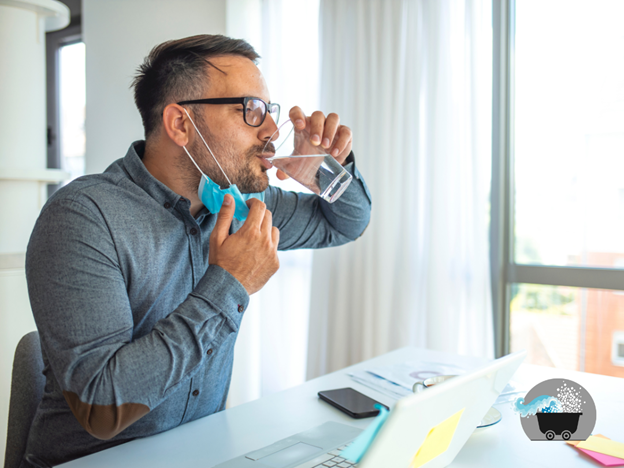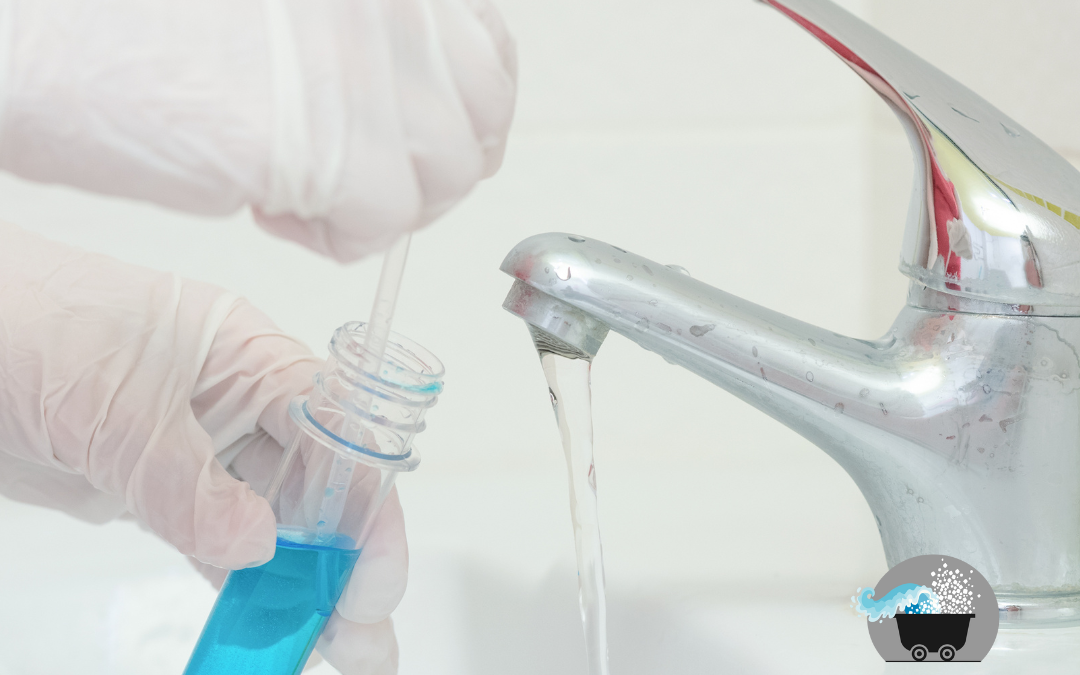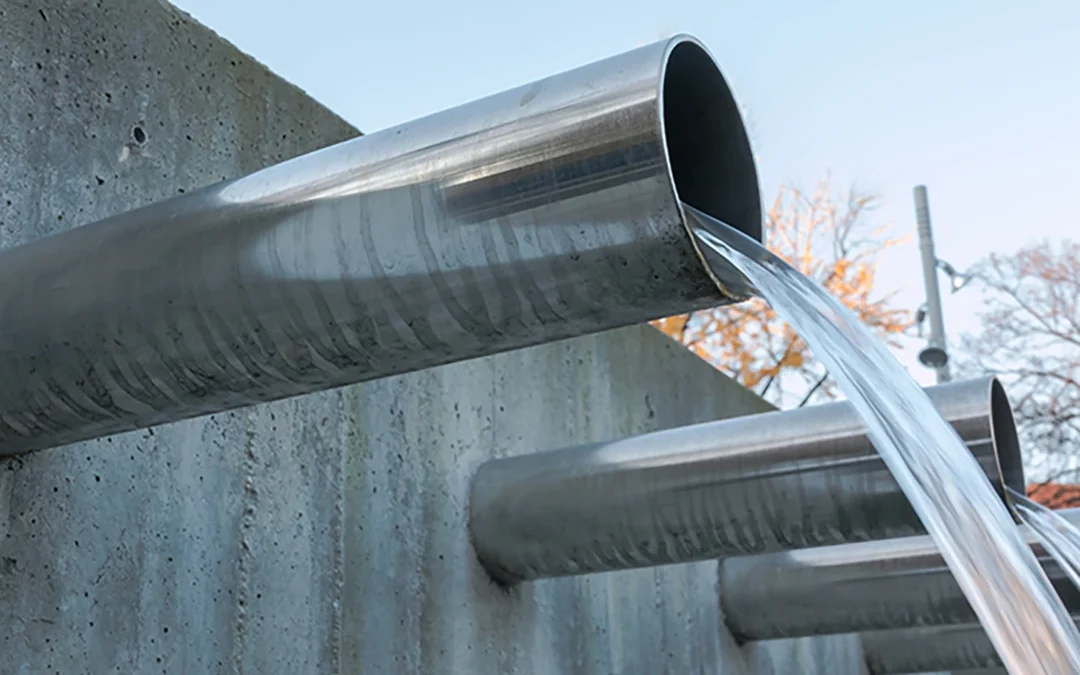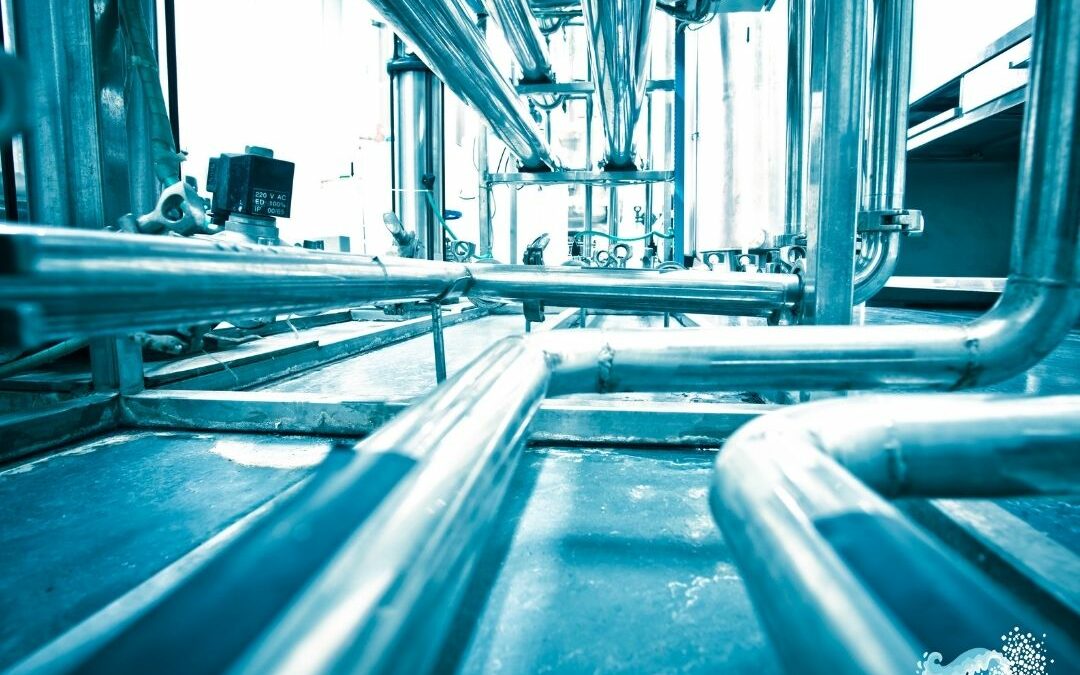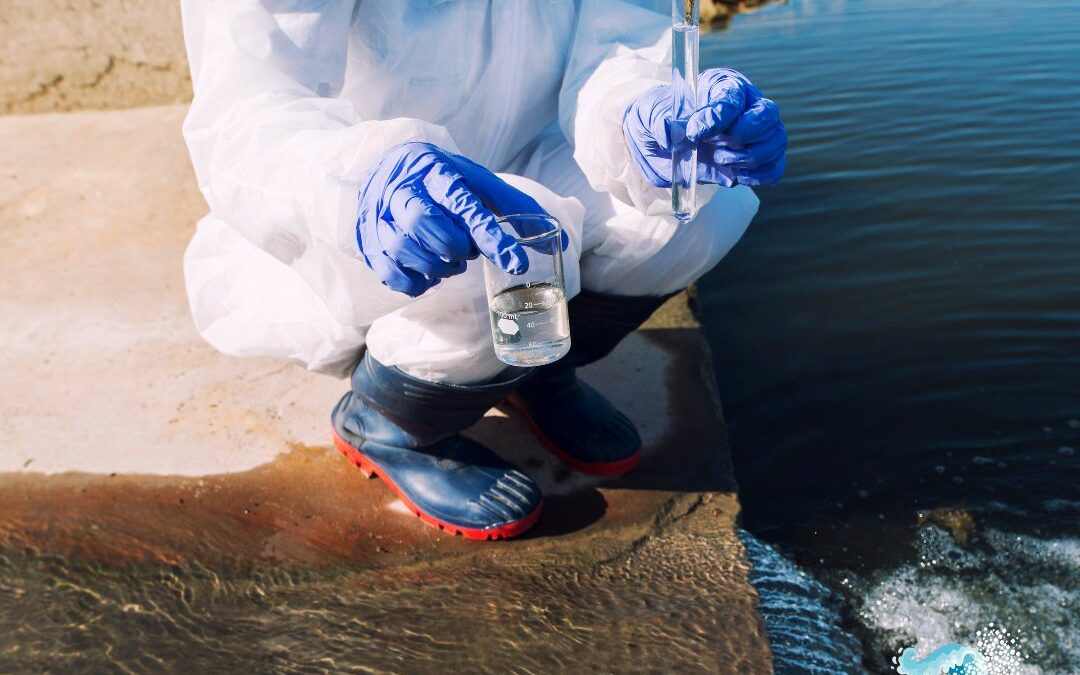There’s no doubt that drinking water is good for your health. Simply do a quick internet search for ‘benefits of drinking water on health’. Your search results will include countless articles and research papers touting the advantages of including more water in your daily diet. And drinking water in the workplace is no exception. But here’s a question that doesn’t get nearly as much press … Is drinking water good for business? To answer that effectively, let’s take a closer look at why providing safe, quality drinking water to your employees could be a great thing for your business. Then, we’ll take it one step further and look at how to protect your staff, and everyone else, from various sources of drinking water contamination.
Key Benefits of Drinking Water in the Workplace
Since the beginning of the COVID-19 pandemic, there’s been increased attention placed on making businesses safe and healthy places to work. However, much of the focus has turned to cleaning protocols, appropriate distances between work areas, and instructing employees to stay home when they’re sick. While all of these measures can and do make for a healthier workplace, how about making it possible for employees to drink more water at work? Here are a few key reasons why drinking water in the workplace can be good for your staff AND your business:
- Drinking water aids in focus and concentration.
- Proper daily water consumption can improve brain function, digestion, and metabolism … all factors that can affect your employees’ productivity at work.
- Staying hydrated can result in fewer headaches and sicknesses, possibly increasing productivity and decreasing sick days.
- Studies have shown that drinking enough water can help people maintain a healthy weight, which can then lead to better overall health.
How to Protect Employees From Contaminated Drinking Water
While it’s easy to see how drinking water can improve employee health and productivity, there’s one more factor to consider … drinking water quality. If your place of business doesn’t have safe drinking water, encouraging your employees to consume more of it could actually cause more harm than good. So, where does drinking water contamination come from? In some locations, such as older factories or manufacturing facilities, lead pipes can make water unhealthy and even dangerous to drink. Other sources of contamination are more subtle. Take a look at many California businesses, for example. Since much of California has hard water, commercial locations often have water softeners. When water softeners regenerate, they discharge highly concentrated brine into septic systems and municipal water supplies. High salinity groundwater eventually makes its way into our drinking water sources and even water treatment plants are unable to completely remove the excess salt from water. So, before you start encouraging drinking water in the workplace, take a good look at where your water comes from. Have your water tested to see if the tap water is safe to drink. If it isn’t, there are many local water treatment companies that offer installation of drinking water systems or commercial office coolers.
How to Prevent Contaminated Drinking Water For Everyone
Employees drinking water in the workplace can be good for them and your business. But they also need to drink water at home and wherever else they go on a daily and weekly basis. That’s why it’s so important for ALL of us to work together to prevent drinking water contamination. The Salt Miner works to help prevent salt contamination of our groundwater resources which then makes its way ito drinking water supplies. Installed as a retrofit on existing residential or commercial water softeners, the Salt Miner effectively ‘mines’ the used salt out of the brine before it’s discharged into the environment. The salt can then be recycled or disposed of properly. To learn more about how the Salt Miner works or to find out how you can invest in this eco-friendly water treatment option, contact us today!

